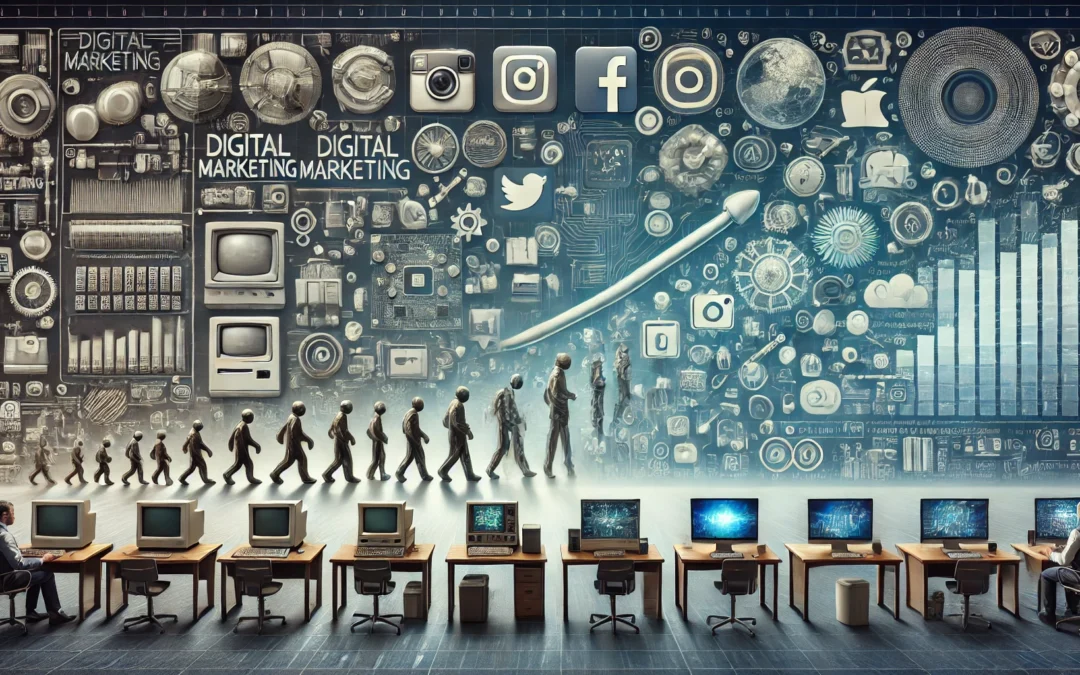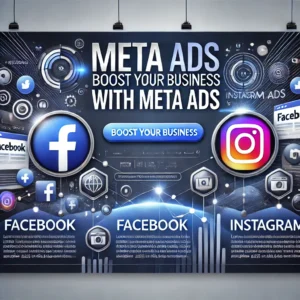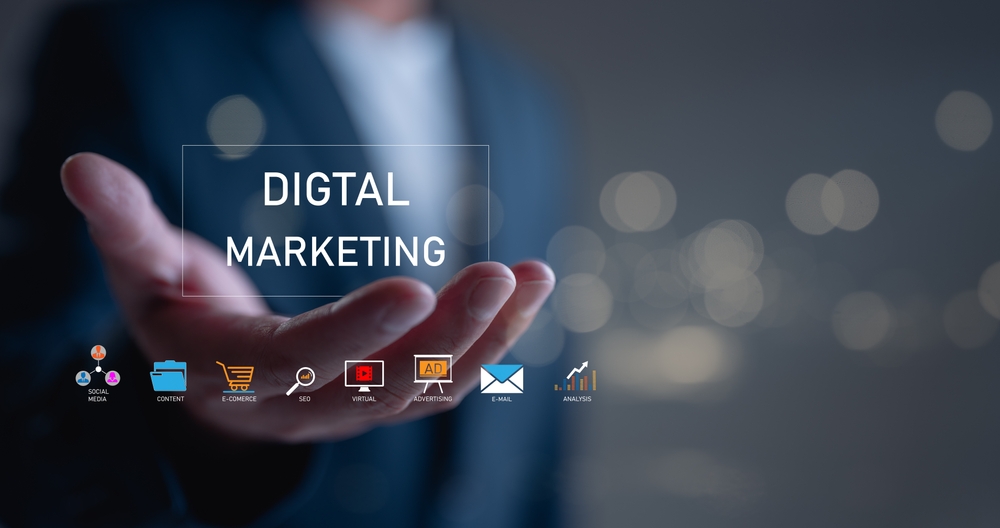Over the last few decades, digital marketing has changed phenomenally. Email campaigns are the root of this kind, and obviously, digital marketing grows with data driven strategy these days. It will take you through the history of digital marketing, what modern day looks like and where it is headed.
Early Days of Digital Marketing
The Birth of the Internet and Email Marketing
The beginning of Digital marketing was introduced in the late 20th century with the change and development of technology.
First Milestone: Publication of first search engine Archie (1990) which was the in brief history and characterizes Search Engine Optimization. By 1993, the very first clickable web ad banner had been introduced which opened up new immense prospects for digital marketing and resulted in changing traditional advertising to Online Advertising.
The Rise of Search Engines
Yahoo and Google
The entry of Yahoo in 1994 and Google in 1998 were the turning points for Digital Marketing. These search engines revolutionized the way we consumed and shared information online. With businesses vying for space on the search engine results pages (SERPs), SEO became key to digital marketing.
Social Media Revolution
From MySpace to Facebook
Social media platforms first became popular in the early 2000s.
MySpace – 2003: The original social network, which probably doesn’t require an introduction around these parts. These new platforms offered businesses a whole host of opportunities to communicate with your audience in more human and innovative ways. Social media marketing became an essential aspect of digital marketing strategies in no time.
The Role of Analytics
Web cookies, first launched in 1994, became a critical element used by marketers to gain insight into the actions and desires of their users. Getting to use data for audience tracking and analysis meant that marketing campaigns became more specific and efficient.
The Mobile Era
Smartphones and Apps
Then came the introduction of smartphones, specifically iPhone in 2007 and once again transforming digital marketing. Internet access was now primarily driven via mobile devices, and so with this new method of receiving the internet came forth a whole slew of marketing endeavors. Established consumer touch-points on apps such as WhatsApp, Instagram and Snapchat.
Influencers and Content Marketing
Blogging and Social Media Miscreants
Soon, content marketing rose to become a force to be reckoned with and the blog as well social media posts reached popularity tracks for audience engagement. Influencers — especially those on Instagram and younger-skewing platforms in general — changed the dynamic of how brands engaged with targeted demos by producing authentic, relatable content.
Digital Marketing in 2018
Integrated Strategies
As of today digital marketing is amalgamation of several strategies which includes SEO, content marketing, SMM, email marketing and so on. The aim is to create integrated campaigns that reach consumers at a variety of points. Video marketing especially on channels like YouTube and TikTok has become more important.
Personalization and Big Data
Notably, big data – and the analytics applied to it that generate insights from digital marketing efforts in near-real time. This data is leveraged by marketers to offer personalized experiences which improve engagement and conversion rates. Tools like user-generated content, predictive analytics or artificial intelligence (AI) are the face of this trend.
The Future Trends of Digital Marketing
Web 3.0 and Beyond
Artificial intelligence, augmented reality (AR), and virtual reality (VR) are some of the emerging trends in technology, which can also shape up the digital marketing future. While Web 3.0 – experiences that are even richer, more engaging and interactive – is likely to shape the future of consumer-brand connections online. As the landscape continues to evolve, marketers will be expected to adjust in order not only to compete but also succeed.
E Marketing & Transparency
With rising concern over privacy, ethical marketing practices are going to become more relevant than ever. Customers will trust only those brands who are transparent in using consumer data and do no harm to them.
Also Read: Drive Digital Marketing: How to Succeed in the New Age
Conclusion
The rapidly changing consumer behaviors and technologies have greatly impacted on how digital marketing today works. Here we can see a continuous evolution in digital marketing from the early days of email marketing up to strategies that rely on data metrics. Staying on top means understanding what worked in the past, knowing current best practices and being prepared to adopt new methods as they arise.





